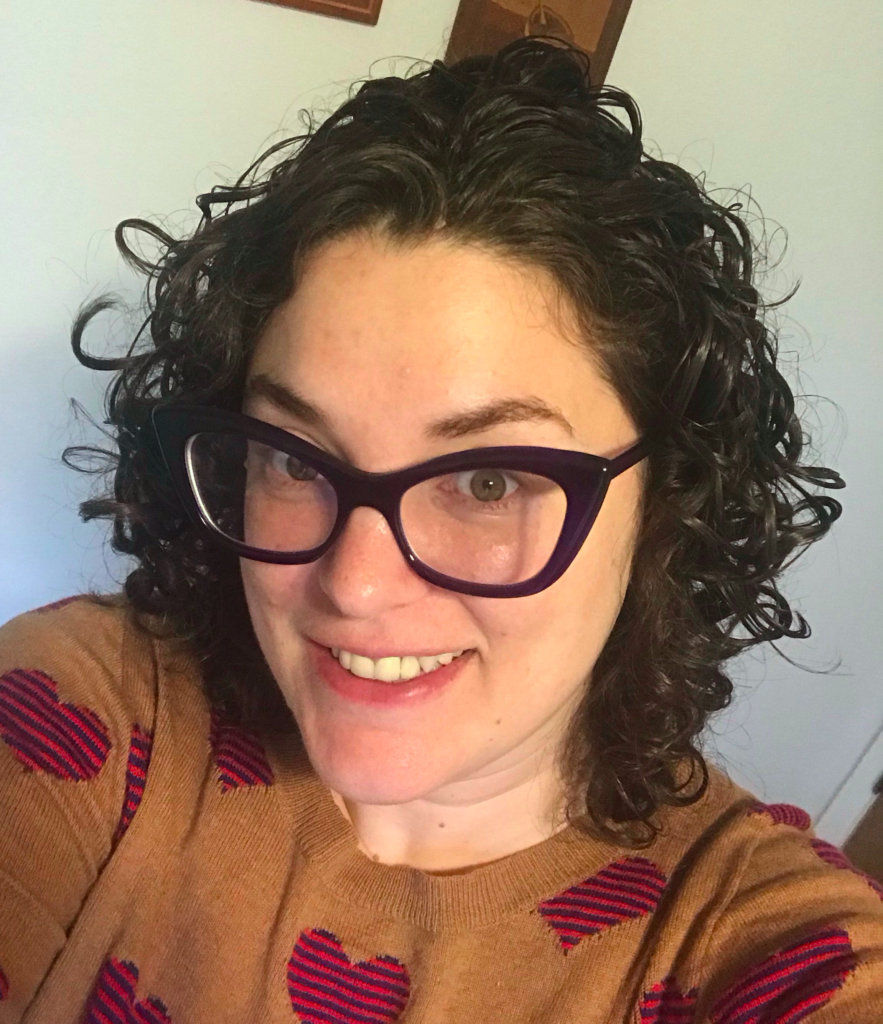by Gina Bastone
Ten years ago, I was a student at UT’s School of Information. In a class about metadata and description, my friend and classmate Dr. Kristen Hogan talked about a project she was working on that challenged conventional library cataloging practices. Librarians assign subjects headings to books and media, which define and classify them based on a standardized vocabulary created by the Library of Congress. They are, in essence, naming and defining the books, and taking away agency that belongs to authors and the communities they represent. This entrenched system reflects the white supremecist, homophobic, and transphobic structures that dominate American institutions (yes, including libraries!). For books and films that center around the Black queer experience, library cataloging practices often include problematic, outdated, and offensive language.
In my time in library school, we only sometimes talked about the ways people with marginalized identities were pushed further to the margins or are even erased by our profession’s classification practices. These practices manifest physically–books are arranged in the library stacks based on their cataloging. While the consequences of these harmful practices manifest in the tangible world, challenging Library of Congress classification was an abstract idea in my library education and training. But Kris’s project, which became the Black Queer Studies Collection at the UT Libraries, was the first time I learned of librarians actually doing something about these problematic, harmful practices.
Kris worked with Dr. Matt Richardson and librarian Lindsey Schell to create the Black Queer Studies Collection. They coordinated with catalogers at the UT Libraries, and together came up with the simple but elegant solution to use a “local note” in the library catalog records. That same note could be entered as a keyword search in the catalog, which would then show all the books and films in the collection. This digital representation brings together materials that are physically separate in our collections, including books in branch libraries across campus.

The UT Libraries catalog record for C. Riley Snorton’s Black on Both Sides: A Racial History of Trans Identity. The local note for the Black Queer Studies Collection is shown in the red box.
The original collection was rather modest, starting with about 500 items. Most were physical books, along with a few films on DVDs and even VHS. (Yes, we still have those VHS tapes!) Kris, Matt, and Lindsey built the original collection based on the bibliography Carry the Word: A Bibliography of Black LGBTQ Books, edited by Steven G. Fullwood, Reginald Harris, and Lisa C. Moore (Redbone Press/Vintage Entity Press, 2007).
Fast forward ten years, and the library has added hundreds more items to the Black Queer Studies Collection, and we’ve grown the online collection with ebooks and streaming films. We’ve also included more genres and formats, like graphic novels, science fiction, music, children’s books, comedic essays, and, of course, the latest scholarship.
It’s an exciting project that continues to grow with annual funding from the Center for Women’s and Gender Studies, the Department of African and African Diaspora Studies, the Department of English, and the Warfield Center for African and African American Studies, as well as continued commitment and staffing in the UT Libraries. I hope you’ll take the opportunity to browse this unique collection and celebrate it’s 10th anniversary by finding your new favorite read! (If you’re not sure where to start, may I suggest Saeed Jones’ How We Fight for Our Lives or Alexis Pauline Gumbs’ M Archive: After the End of the World?)
If you’d like to learn more about the origins of the Black Queer Studies Collection at the UT Libraries, I recommend Dr. Kristen Hogan’s article “Breaking Secrets” in the Catalog: Proposing the Black Queer Studies Collection at UT Austin” in the journal Progressive Librarian.

Gina Bastone (she/her) is the Librarian for Women’s & Gender Studies and LGBTQ Studies at the UT Libraries. She has two cats, aptly named Codex and Stacks.
